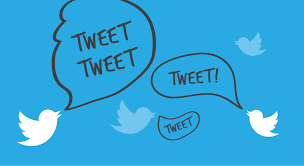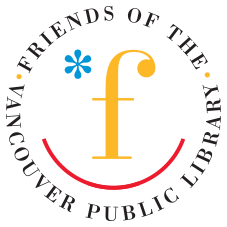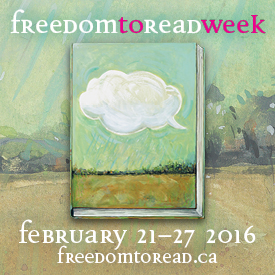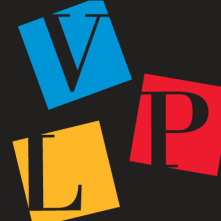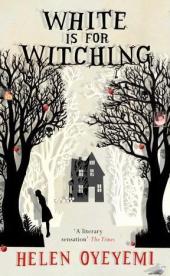
For a lot of LGBTQ+ people when they’re first coming out and beyond, especially ones living in rural areas, the internet—social media being an important part of that—is the go-to place for information. For one thing, it can feel a lot more private and therefore safer than say, checking out a big gay book from your school or public library. Another thing that so many LGBTQ+ folks find on the internet is community; often, in fact, reliable information about being LGBTQ+ comes from LGBTQ+ communities. Although in urban areas there are now some pretty awesome in-person resources like GSAs (other more inclusively named LGBTQ+ clubs) for teens, finding like-minded people on the internet to know that you’re not alone can be empowering and fun and potentially life-saving, particularly at a young age.
One of the amazing things about finding LGBTQ+ community on the internet and social media in particular is that you can find niches of queer people and build up a community that you might never be able to in person, simply because of sheer numbers. For me, when I first started my other blog Casey the Canadian Lesbrarian, that community was queer women book lovers. One of my other first forays was starting to write reviews for the amazing, comprehensive, enormous resource that is The Lesbrary, a lesbian book blog run by Danika Ellis and featuring reviews of all different kinds of books featuring LBT women, as well as round-ups about every two weeks on queer women’s bookish stuff happening on the internet. There is an awesome rotating group of women who write for the blog—which I obviously recommend checking out—but that community was only the beginning.

When I started my own blog, I really had no idea the journey of networking with LGBTQ+ bookish people that it was going to put me on. I also had no clue how exactly to go about getting followers, which has happened very gradually and probably reached its peak (after all, people interested in LBTQ+ Canadian fiction are a pretty niche group). But one thing I did do initially to reach out to people, in addition to promoting my blog on my personal facebook page, was join twitter.
It was on twitter where I really discovered the array of LGBTQ+ librarians, authors, book bloggers, publishers, and other queer bookish folks there were. (I say LGBTQ+, although most of the bookish people I’ve connected with via twitter are LBT women, actually). It was pretty cool when I realized I had actually started networking with librarians way before I was even in library school! And it was awesome to see what the perspectives of LGBTQ+ librarians on their profession were.
Like with the followers on my blog, it has taken me quite a while to build up my network on twitter, but a few things I’ve noticed that help make connections are:
1) Not just retweeting someone, but adding your own comment so they know you’ve actually read the article they’re linking to (and sometimes written themselves), understood the context of their tweet, etc.
2) Asking for help / advice from people by directly tagging them! I’ve been so surprised at how complete strangers—sometimes people I don’t even follow on twitter—are so willing to offer their expertise and knowledge when I’m doing research for my LGBTQ+ reader’s advisory column or just looking for personal recommendations. LGBTQ+ people like sharing what they know—I guess it’s all a part of the idea of community and all of us knowing how hard it can be to find the kind of queer books you want!
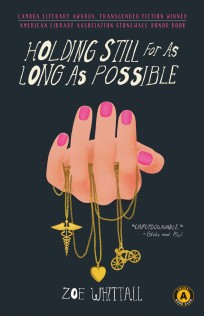
3) Complimenting people! I pretty much always tag an author—if they have twitter—in a tweet about my positive review of their book and I get responses from a lot of them! At first I was pretty star-struck when I first started communicating with authors via twitter (I remember being super pumped when Zoe Whittall said thanks for and retweeted a review I had done of one of her books), but realized that authors really appreciated that I was essentially promoting their books for free!
4) Ask interesting and sometimes difficult questions—they’ll spark a conversation. I ended up tweeting with Malinda Lo (who’s kind of a big deal in the LGBTQ+ YA world!) after I tweeted my blog post about how hard it is to find LGBTQ+ fiction and how the blurbs on back covers often disguise queer content.
Oddly enough, I’ve begun to realize lately that I’ve been so immersed in the queer women’s bookish online world that if I want to be more well-rounded as a librarian—one specializing in LGBTQ+ materials and just in general—I should probably actually start reading some books by/about/for GBT men and—gasp!—non-queer books. So I guess that is kind of coming full circle. But the queer women’s book world will always have a special place in my queer heart.

